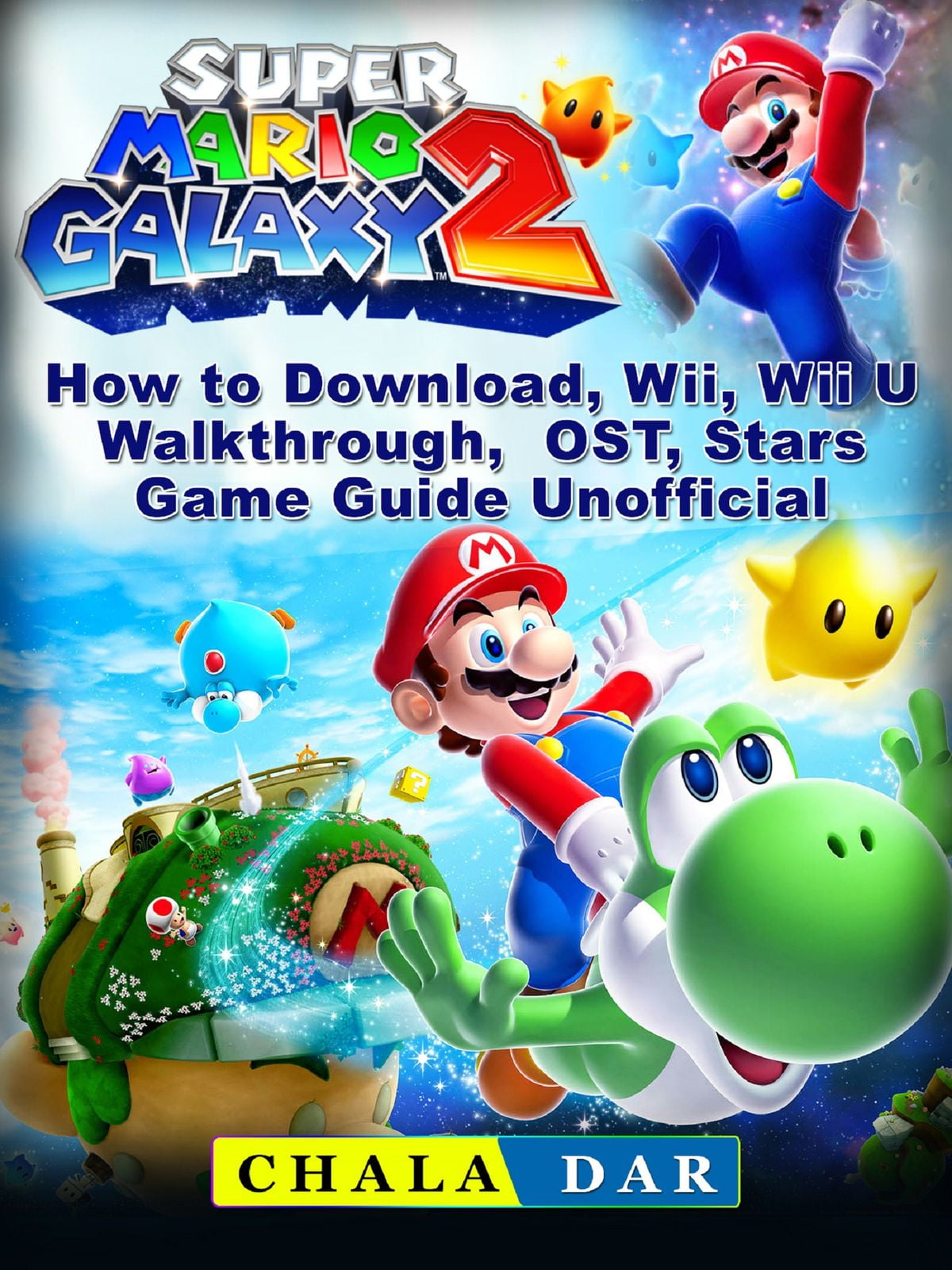

While many other publishers frequently utilize live musicians for their game scores, Nintendo has continued to use synthesized instruments almost exclusively, much to the disappointment of fans.
#SUPER MARIO GALAXY OST AMAZING FULL#
But to get the full range of power and emotion, he needed live musicians. Rather than trying to create "Mario music," this style allowed him to focus more on the game environments and express the wonder and vastness of space. "In order not to make the scores just like ordinary orchestra music, I paid attention to the combination of electric musical instruments and live audio, and listened to various kinds of music from that genre," he says. However, he tried to draw inspiration from other sources as well to keep things fresh. The writing went by very quickly from then on since Yokota was in his element with orchestral music after all.

Without knowing who wrote any of the music, Miyamoto picked a lively orchestral piece by Kondo, and the die was cast. At last he brought three pieces of music to Shigeru Miyamoto to ask which musical style should be used.

Yokota was crushed by this reaction and even considered quitting his job at one point, but he stuck it out and struggled to find another approach that would work with the game. Mario is not cute, Kondo insisted, Mario is cool.
#SUPER MARIO GALAXY OST AMAZING SERIES#
But despite Yokota's confidence in the concept, Koji Kondo, original Mario series composer and musical advisor for Super Mario Galaxy, struck it down rather hastily. After studying the music from past Mario games and concluding that their Latin elements were at the heart of the unique sound of the series, he initially started utilizing Latin instruments with electronics to create a sort tropical-space feel. The Sky's the LimitThough the Yokohama-born composer had the luxury of time since he began working on the project fairly early, setting the tone of the game's music ended up being far more difficult than expected. It was a space-bound Italian plumber that finally provided Yokota's first major break (though a large ape afforded a good prelude), but with it came a huge responsibility to live up to over two decades worth of some of the most iconic and best-loved game music of all time. Many of Yokota's early jobs involved sound direction and editing, but music is clearly his passion. This April marks his five year anniversary with Nintendo where he has contributed to projects like Donkey Kong Jungle Beat and Legend of Zelda: Twilight Princess from the company's Tokyo branch. He studied at the Tokyo College of Music in the 1990s and went on to work for Japanese publisher Koei on titles like Kessen and Crimson Sea before coming to work at Nintendo. Despite having worked in the games industry for a few years now, Mahito Yokota hasn't shown up on most gamers' radars until recently.


 0 kommentar(er)
0 kommentar(er)
